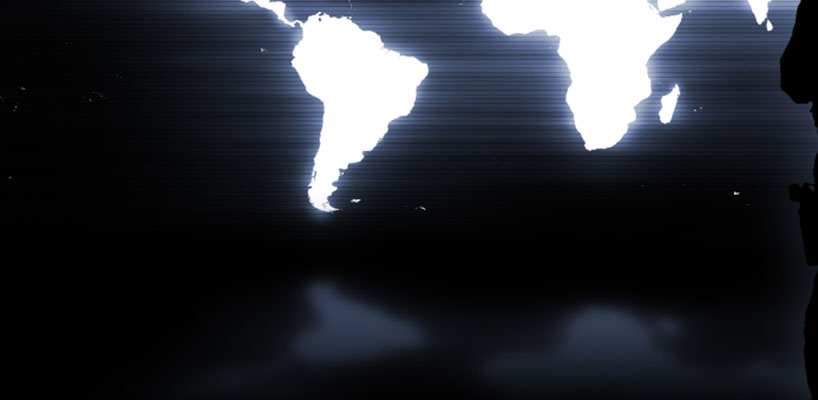What is it?
An Intelligence Analyst scans applicable information sources (depending on required issue or topic) and compiles briefings and/or reports to leadership. Analysts may be assigned longer-term strategic projects or daily data mining tasks.
Intelligence Analysts who focus on the daily briefings conduct searches for raw data on an assigned topic, sift through the information to determine importance, and consolidate the information into a report to be disseminated to leadership. Strategic Intelligence Analysts typically can have projects lasting a couple of weeks to several months. Strategic projects require coordination with other departments, agencies, non-IC entities, and nongovernment agencies and organizations. Strategic Intelligence Analysts need to have the ability to keep concurrent projects and be willing to make multiple updates and corrections to reports based on feedback prior to publication. Intelligence Analysts should be ready to provide any required clarification on one project and then quickly jump into researching and writing on another project.
Analysts should be flexible and expect that as the organization’s priorities shift, so will the assignments. Intel Analysts may have to pause one project and start another due to direction from leadership. Additionally, Analysts must be adept at understanding the audience and then tailoring the reports to meet the requirements and needs of the customer. Generally, the daily tasks are repetitive and routines will remain the same.
As a contractor, the amount of interfacing with the customer as well as working with outside entities will vary based on the culture of the supported organization. Some customers will allow contractors to provide end-to-end analytical support on projects; whereas, other positions may be limited to data mining or providing rough drafts for a government staff member to complete and produce the final project.
Education and Training
Given that analysts could be assigned a region such as East Asia or a topic such as weapons of mass destruction, educational backgrounds can be very diverse. While many analysts may have studied political science and international relations, others are engineers, history majors, or journalism majors. Technical subjects, such as chemistry, nuclear physics, biology, and computer science will always be in demand, as expertise in these areas can help our country prepare for serious weapon threats. No matter the degree, a strong attention to detail, a love of reading, a command of English grammar and the ability to write quickly will generally lead to success.
Skills and Certifications
The defense and intelligence community have a host of writing courses as well as analytical training courses. Service members or civilians who have completed courses at any of the IC/DOD training centers will want to include that information on their resume. A helpful way to get an Intelligence Analyst position is to get noticed. Publishing your college work or prior writing assignments online is a quick and cheap way to prove that you can communicate clearly. Don’t forget to include the links on your resume and online career profiles.
A Typical Day as an Intel Analyst Writer
(The average day of an Intel Analyst varies, based on the assignments. Below is an example of a few things a strategic analyst can expect to do in the course of a day).
07:30 – Arrive at a government agency office and log-into your laptop. Scan reports from government databases and open-sources.
09:00 – Draft a report based on the morning’s findings and provide updates on issues related to ongoing projects.
10:00 – Check e-mail for the day’s calendar of meetings, scheduled deadlines and updates on ongoing projects.
11:30 – Weekly staff meeting. Provide updates to leadership on trends seen in reporting and listen to leadership’s guidance on tasking and prioritization of projects.
12:30 – Lunch at your desk, while answering emails related to a previously disseminated project
13:00 – Provide corrections or answer responses from pre-publication/leadership about a project that is about to be disseminated.
14:00 – Have teleconference with partnering agencies/stakeholders of upcoming project to get buy-in and determine best sources of information.
15:00 – Back to the office to continue working on an on-going report.
Security Clearance Concerns
For most intelligence analyst positions, a TS/SCI security clearance is required.



